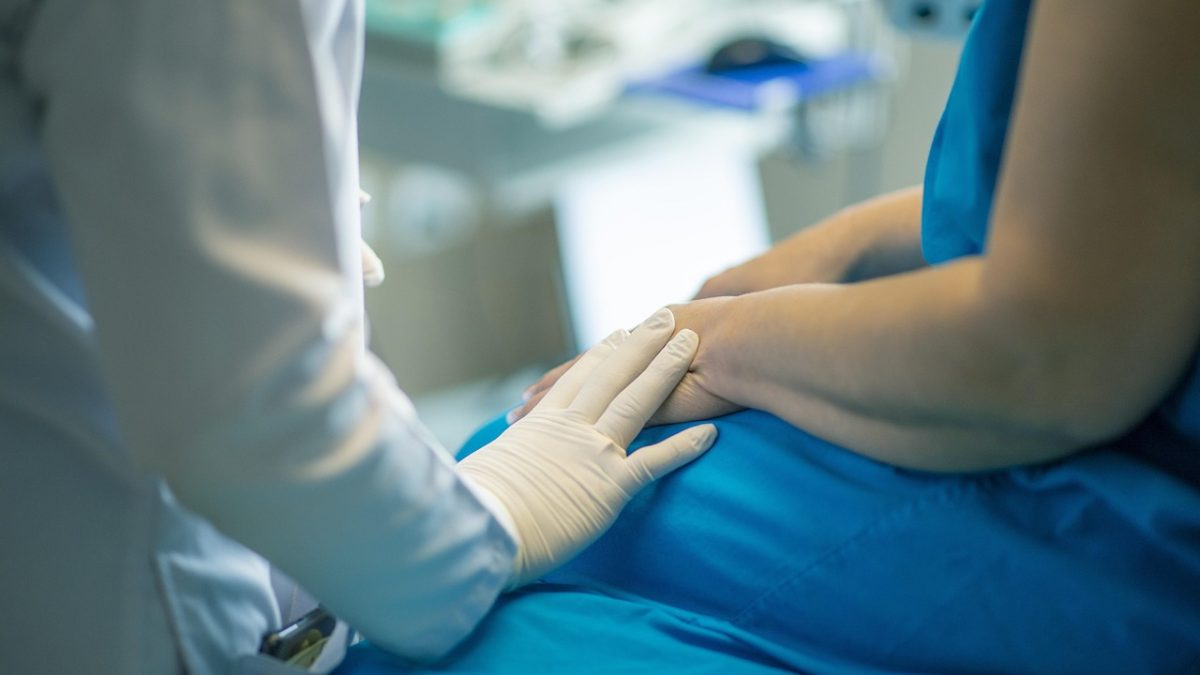The Ministry of Health must urgently amend the Health Care Act to prevent doctors or other healthcare professionals who have been accused or convicted of certain criminal offences from continuing to work in hospitals and other healthcare institutions.
Ombudswoman Tena Šimonović Einwalter has raised this issue with the Ministry of Health on multiple occasions – in May, following the case of a doctor in Osijek, and again in early October in relation to another case, involving a doctor who continues to work in a hospital despite being convicted of criminal offences against sexual freedom. The case concerns a general surgery specialist at the “Dr. Juraj Njavro” National Memorial Hospital in Vukovar, who has been convicted of criminal offences against sexual freedom.
This case, brought to light by the Centre for Peace, Nonviolence and Human Rights from Osijek, once again highlights deficiencies in the legislative framework. The objective of the proposed amendments would be to increase patient safety and thereby strengthen trust in doctors and the healthcare system.
Currently, there is no clearly defined obligation for persons in charge of healthcare institutions to take action when a healthcare worker is accused or convicted of offences that should be deemed incompatible with the practice of healthcare.
Therefore, the Ombudswoman stresses the need to amend Article 156 of the Health Care Act to explicitly stipulate:
- that no healthcare professional convicted of (at a minimum) criminal offences against humanity and human dignity, criminal offences against sexual freedom, offences of child sexual abuse and exploitation, or criminal offences against public health under the Criminal Code may be employed in any healthcare role;
- the obligation of the director of a healthcare institution to suspend a person from their position if criminal proceedings are initiated and ongoing against them for any of the aforementioned offences;
- termination of employment if the healthcare worker is convicted by a final judgment for an offence that constitutes a bar to employment in the healthcare system.
In addition to these offences, the Ministry of Health, in cooperation with professional associations and other experts, should consider defining further offences that may also need to be included.
Implementation of these recommendations from the Ombudswoman would ensure that healthcare professionals who have committed such criminal offences cannot work with patients. In their professional roles, doctors and other healthcare workers are in positions of power, while patients are extremely vulnerable and dependent on them, which increases the risk of victimization. The right to health is a fundamental human right, and hospitals and other healthcare institutions must be safe spaces for patients – especially as trust between patients and healthcare professionals is often key to successful treatment.
Moreover, these legislative changes would not represent an additional burden on the state in protecting patients, but rather a basic precondition for doing so – the state has an obligation to ensure that citizens feel safe in public institutions and can trust those who work in them. This is particularly important in a system like healthcare.
It is important to note that the Ombudswoman issued the same recommendations to the Ministry of Health back in May, in response to the fact that a doctor working as a gynecologist at the Osijek University Hospital Centre was, at that time, under a non-final conviction for raping a patient in the hospital. The information about this case, as well as the one involving the Vukovar doctor, was submitted to the Ombudswoman by the Centre for Peace, Nonviolence and Human Rights.
Despite having all the necessary information since May, the Ministry only took concrete action after the case gained public attention in August. In its response to the Ombudswoman in mid-September, the Ministry stated that it had initiated activities related to amending the Health Care Act, but these activities need to be expedited.
Alongside the reiterated recommendations, the Ombudswoman also requested the Ministry of Health to provide a statement on the actions taken in the new case from the Vukovar hospital.





